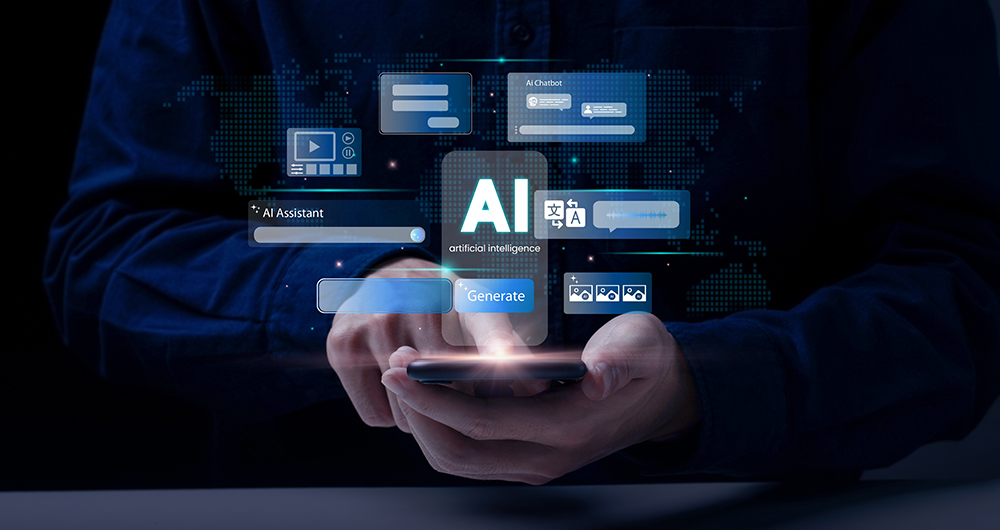13 posts found
Data job offers: The most valued skills on the market
Almost half of European adults lack basic digital skills. According to the latest State of the Digital Decade report, in 2023, only 55.6% of citizens reported having such skills. This percentage rises to 66.2% in the case of Spain, ahead of the European average.
Having basic digital skills is essent…
The importance of data literacy in the context of digital rights and the rise of artificial intelligence
Data literacy has become a crucial issue in the digital age. This concept refers to the ability of people to understand how data is used, how it is accessed, created, analysed, used or reused, and communicated.
We live in a world where data and algorithms influence everyday decisions and the opportu…
SLM, LLM, RAG and Fine-tuning: Pillars of Modern Generative AI
In the fast-paced world of Generative Artificial Intelligence (AI), there are several concepts that have become fundamental to understanding and harnessing the potential of this technology. Today we focus on four: Small Language Models(SLM), Large Language Models(LLM), Retrieval Augmented Generation…
RAG techniques: how they work and examples of use cases
In recent months we have seen how the large language models (LLMs ) that enable Generative Artificial Intelligence (GenAI) applications have been improving in terms of accuracy and reliability. RAG (Retrieval Augmented Generation) techniques have allowed us to use the full power of n…
The importance of data fairness in artificial intelligence systems
Data equity is a concept that emphasises the importance of considering issues of power, bias and discrimination in data collection, analysis and interpretation. It involves ensuring that data is collected, analysed and used in a way that is fair, inclusive and equitable to all stakeholders, particul…
How AI is transforming employment
Artificial intelligence (AI) has revolutionised various aspects of society and our environment. With ever faster technological advances, AI is transforming the way daily tasks are performed in different sectors of the economy.
As such, employment is one of the sectors where it is having…
The impact of open data on the employment sector
Open data provides relevant information on the state and evolution of different sectors, including employment. Employment data typically includes labour force statistics and information on employees, as well as economic, demographic or benefits-related data, interviews, salaries, vacancies, etc.…
How Artificial Intelligence and Open Data can re-imagine our cultural future
We are currently in the midst of an unprecedented race to master innovations in Artificial Intelligence. Over the past year, the star of the show has been Generative Artificial Intelligence (GenAI), i.e., that which is capable of generating original and creative content such as images, text or music…
Open data as a source of knowledge for generative artificial intelligence
Generative artificial intelligence refers to machine’s ability to generate original and creative content, such as images, text or music, from a set of input data. As far as text generation is concerned, these models have been accessible, in an experimental format, for some time, but began to generat…
Artificial Intelligence applied to the identification and classification of diseases detected by radiodiagnosis
In this post we have described step-by-step a data science exercise in which we try to train a deep learning model with a view to automatically classifying medical images of healthy and sick people.
Diagnostic imaging has been around for many years in the hospitals of develo…









